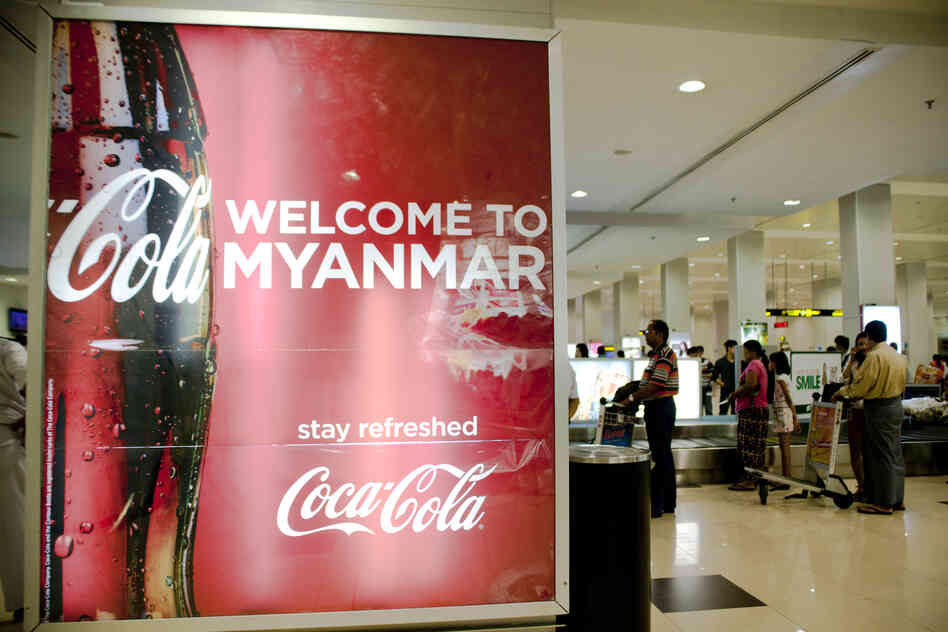I like the blogs. I like reading other students experiences, perspectives, and ideas. I think it allows for a lot more creativity than one normally finds in an economics course. Furthermore, I like the commenting groups. I found it nice to see how my fellow students were progressing throughout the course; I even read other students' blogs from time to time to see what the buzz was elsewhere. When I am blogging, I usually read the prompt at the beginning of the week and mull over what I'm going to write. This week, I have overmulled, since I'm posting this on Saturday night. At the end of the week, I write up the blog post, occasionally have a friend look it over, and then submit. I spend up to a half hour per blog post. As you may have noticed, I like to spice it up with a picture each week to break up the monotony of the text. I couldn't think of anything that was too relevant, so I am leaving you with the cutest picture that is known to man.
 For the Excel, I try to be more proactive. I do this because if there is a problem that I can't figure out, I have more time to work on it with less stress than if I were doing it Wednesday at 10:30 pm. I've spent anywhere from 10 minutes to 2 hours working on an Excel homework. The latter ended up being a cell reference problem and not a math problem, which was quite irksome.
For the Excel, I try to be more proactive. I do this because if there is a problem that I can't figure out, I have more time to work on it with less stress than if I were doing it Wednesday at 10:30 pm. I've spent anywhere from 10 minutes to 2 hours working on an Excel homework. The latter ended up being a cell reference problem and not a math problem, which was quite irksome.Something I would have like to see in the class, as I mentioned before, was more use of the book. It seemed like an afterthought. I don't know how to integrate it more into the class, though. Perhaps linking it somehow with the blog posts? Professor Arvan seems to like modeling; I do not. I do not think I am alone on this one. I would have like to see more numbers and less e-bars and w-tildes. If theory must be stuck to, I think more work on the board would be helpful. Yes, our eyes glaze over, but we are only seeing the math once. I found that I really needed the math to be worked out in front of me rather than just neatly shown in the Excel.







